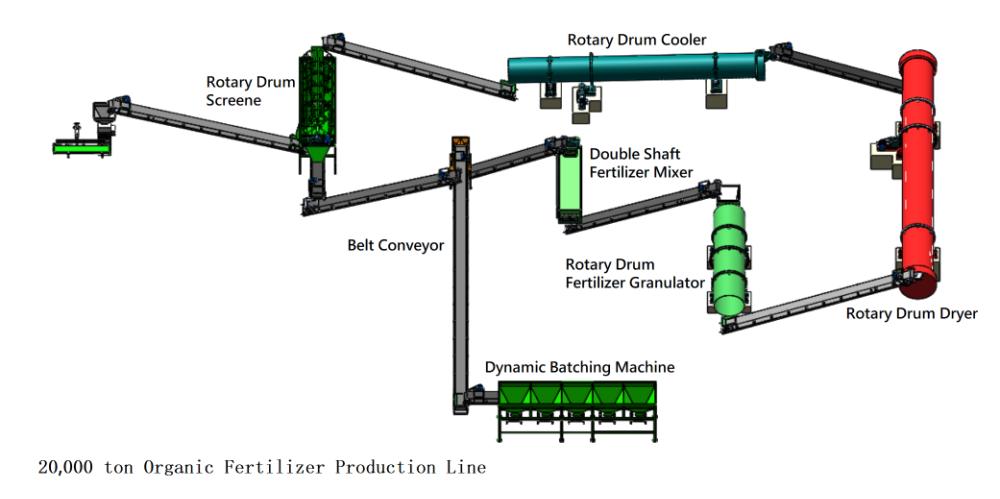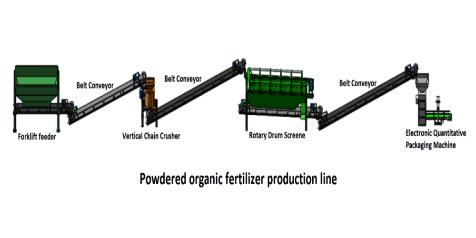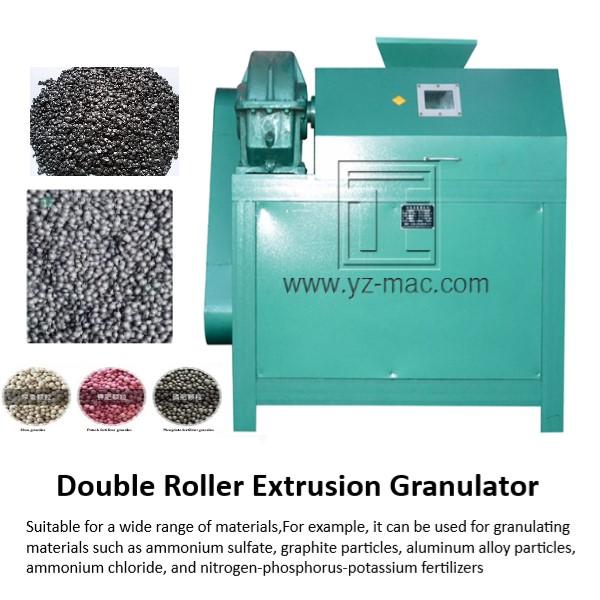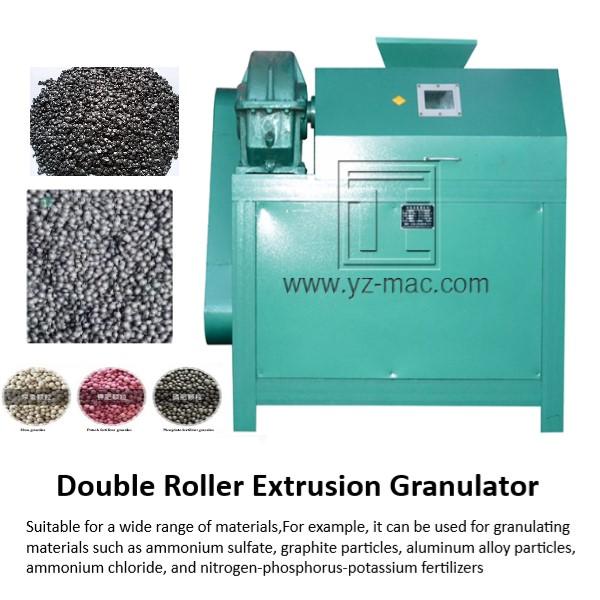Bio compost machine
A bio compost machine, also known as a bio-composter or bio-composting system, is a specialized equipment designed to facilitate the composting process using biological agents and controlled conditions. These machines are specifically designed to create an optimal environment for the decomposition of organic materials, resulting in the production of high-quality compost.
Biological Acceleration:
Bio compost machines utilize the power of beneficial microorganisms and enzymes to accelerate the decomposition process. These machines incorporate bio-inoculants or bio-activators that introduce specific strains of microorganisms to the composting material. These microorganisms break down organic matter more efficiently, leading to faster composting.
Temperature and Moisture Control:
Bio compost machines often feature temperature and moisture control mechanisms. They provide precise control over these factors to create optimal conditions for microbial activity. Maintaining the right temperature and moisture levels within the composting material encourages the growth of beneficial microorganisms and ensures efficient decomposition.
Aeration and Mixing:
Proper aeration and mixing are crucial for successful composting. Bio compost machines are designed to facilitate adequate oxygen supply and thorough mixing of the compost pile. They incorporate turning mechanisms, rotating drums, or agitators to promote aeration and mixing, ensuring that the microorganisms receive the necessary oxygen and organic matter is evenly decomposed.
Odor Control:
Bio compost machines contribute to odor control during the composting process. The efficient decomposition facilitated by the machines reduces the release of unpleasant odors associated with anaerobic conditions. The proper balance of microorganisms and controlled decomposition minimizes the production of foul-smelling gases, making the composting process more manageable and environmentally friendly.
Nutrient Retention:
Bio compost machines are designed to retain the nutrients present in the organic materials being composted. The controlled conditions and efficient decomposition in these machines help prevent nutrient loss during the composting process. This ensures that the resulting compost is nutrient-rich and beneficial for plants and soil health.
Time and Labor Savings:
Using a bio compost machine saves time and reduces labor compared to traditional composting methods. These machines automate critical tasks such as turning, aeration, and moisture control, eliminating the need for manual labor-intensive processes. The automation of these processes allows operators to handle larger volumes of organic waste more efficiently, increasing productivity and reducing labor costs.
Environmentally Friendly:
Bio compost machines support environmentally friendly waste management practices. They facilitate the conversion of organic waste into valuable compost, reducing reliance on landfilling and incineration. By diverting organic waste from these conventional disposal methods, bio compost machines contribute to waste reduction, resource conservation, and the circular economy.
In conclusion, a bio compost machine harnesses the power of beneficial microorganisms and controlled conditions to facilitate efficient composting. These machines provide biological acceleration, temperature and moisture control, aeration and mixing, odor control, and nutrient retention. They save time and labor, promote environmentally friendly practices, and produce high-quality compost.







